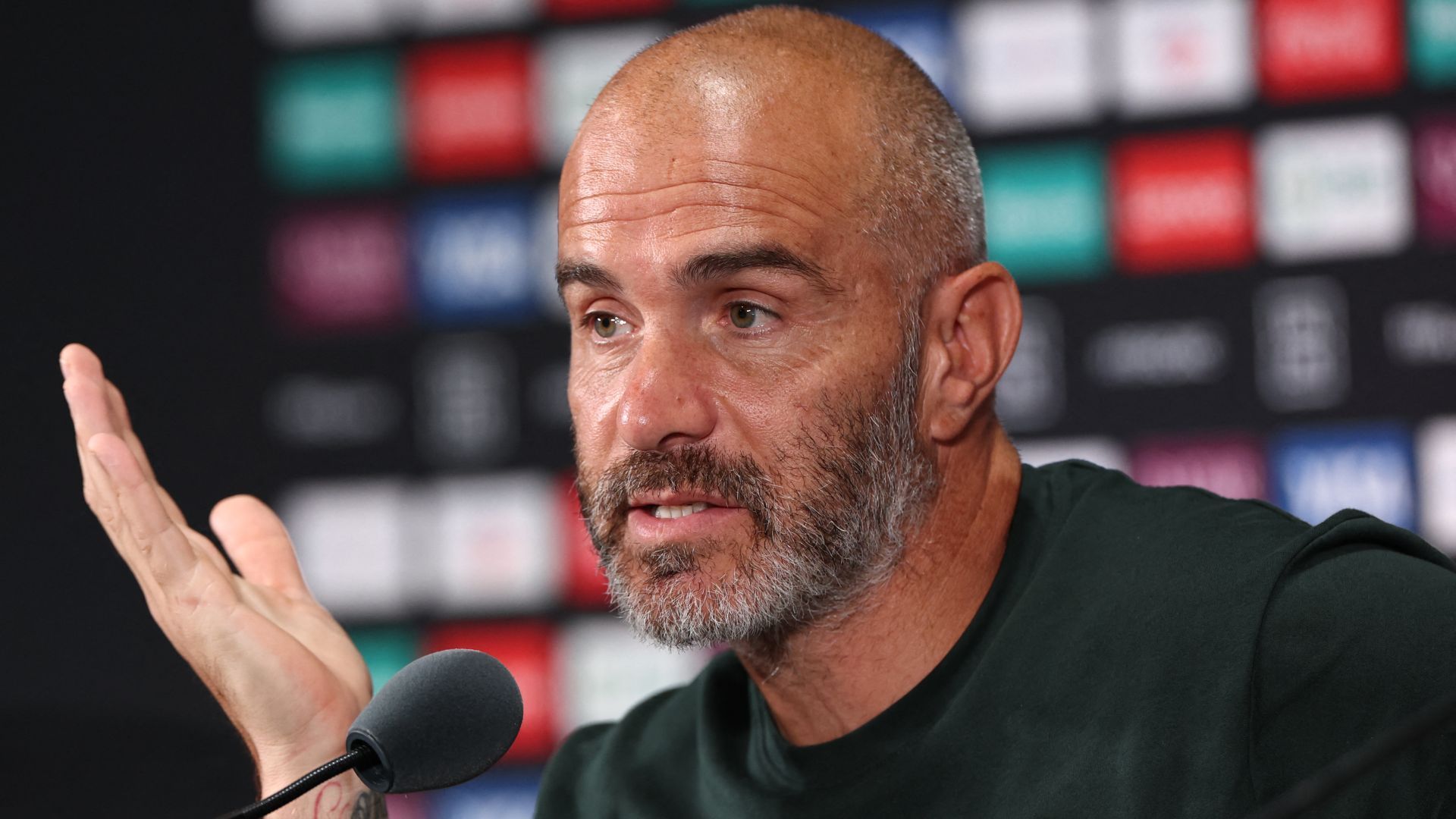Club World Cup Debate Silences Maresca
Club World Cup scheduling became the hot topic of Chelsea’s Stateside media day when Enzo Maresca suggested European sides arrive in the tournament heavier-legged than their South American rivals. The Italian’s assertion, however, unravelled when a journalist highlighted that semi-final opponents Fluminense have actually clocked up more competitive games than the Blues since July 2024. The exchange left the coach momentarily speechless, and it has reignited discussion about fixture congestion on both continents.
Club World Cup workload under the microscope
For Maresca, who took charge of Chelsea during the summer rebuild, the Club World Cup had been pencilled in as a demanding add-on to England’s relentless calendar. Chelsea’s 63-game haul across the Premier League, domestic cups and European competition is certainly eye-watering, yet Fluminense’s 67-match odyssey across Brazil’s Serie A, Copa Libertadores, Campeonato Carioca and domestic cups shows that South American clubs face comparable, if not greater, pressures.
Maresca’s scheduling gripe meets reality
When the former Leicester City boss described Europe’s “gruelling campaigns” he cited winter fixture pile-ups, international breaks and the intensity of back-to-back Champions League nights. His argument is familiar: tired legs risk injuries, diminish performance and erode the spectacle. He did not expect the press-room fact check that Fluminense played four additional fixtures, travelling thousands of kilometres through Brazil’s vast geography while simultaneously defending their continental crown.
Fluminense’s marathon run explained
The Rio outfit’s schedule included 38 Serie A dates, two domestic cup competitions and the Libertadores knockout rounds. Manager Fernando Diniz rotated expertly, leaning on academy graduates to keep veterans like Marcelo and Felipe Melo fresh. Their medical team reports fewer soft-tissue injuries than last term, attributing improvements to sports-science monitoring and staggered training blocks—evidence that heavy loads can be managed when planning is meticulous.
Chelsea’s own Club World Cup balancing act
Back in Cobham, Maresca has embraced data-driven recovery: cryotherapy chambers, nutrition plans tailored by Chelsea’s in-house chefs and GPS-tracked tapering sessions. Yet he admits replicating Premier League intensity in December’s Florida humidity will be testing. The Club World Cup brings high-stakes knockout football, and a sluggish opening half-hour can prove fatal.
What tournament history tells us
European giants often lift the trophy, winning 15 of the last 16 editions, but recent finals have tightened. Liverpool needed extra-time against Flamengo in 2019, while Chelsea edged Palmeiras via a 117th-minute Kai Havertz penalty in 2022. South American sides arrive emboldened by those narrow scorelines, convinced that one clinical moment can upset the bookmakers’ maths.
Previous fixture arguments
Claims of an uneven playing field are not new. In 2007 AC Milan captain Paulo Maldini said Serie A’s schedule left Italian clubs fatigued; in 2012 Corinthians accused European teams of “winter lethargy.” What binds both continents is the sense that the Club World Cup demands peak sharpness at a sub-optimal point in their domestic slopes. Whether it’s Milan in December or Rio in January, someone is invariably playing through muscle soreness.
Perspectives from sports scientists
Dr. Ana Rocha, a performance specialist who has consulted for clubs on both sides of the Atlantic, notes that raw match counts can mislead. “A 60-game English season includes fewer air miles than a Brazilian campaign, yet the intensity per sprint is often higher,” she explains. “Conversely, Brazilian pitches and climate tax endurance differently. Arguing who suffers more is less useful than sharing best-practice recovery models.”
Broadcast revenues versus player welfare
The Club World Cup’s expanded 2025 format will add further strain, inserting a month-long window into an already crowded diary. FIFA’s commercial targets mean clubs are unlikely to receive blanket fixture relief at home. Negotiations are underway for bigger squad allowances and extended pre-tournament camps, but domestic leagues resist sacrificing prime TV slots.
How Chelsea can turn scrutiny into motivation
Maresca told reporters he would “park the debate” and focus on preparing for Fluminense’s high-press 4-2-3-1. The West Londoners have leaned on Cole Palmer’s creativity and Nicolas Jackson’s channel runs to stretch South American backlines. Reece James, just returned from a hamstring setback, may feature selectively to avoid recurrence. Maresca’s hidden ace could be academy sensation Kendry Páez, whose familiarity with CONMEBOL opponents offers tactical intel.
Fluminense’s tactical weapons
Diniz’s side thrives on quick triangular patterns and sudden switches of play. Midfield metronome André orchestrates from the No. 6 spot, while play-maker Ganso drifts between lines. Chelsea’s double pivot must block central lanes or risk being carved open. The Blues’ set-piece edge—thanks to Levi Colwill’s aerial threat—could, however, tilt margins.
Financial stakes of the Club World Cup
Prize money matters. Chelsea’s ownership group welcomed the £80 million windfall from the 2022 triumph, funds reinvested in the academy and recruitment. A repeat could help meet Premier League profit and sustainability rules. Fluminense would also enjoy a transformative cash injection, potentially retaining talents usually sold to Europe.
Supporter expectations
Across social platforms, Chelsea fans debate rotation versus full-strength line-ups, wary of a slip that could derail festive league momentum. In Rio, supporters see the Club World Cup as a chance to avenge continental snubs and showcase Brazilian flair on a global stage. The narrative tension is palpable, and FIFA will relish the viewing figures.
Where the debate leaves Maresca
Publicly corrected, the coach will likely refine his messaging, but his underlying concern is valid: modern calendars squeeze recovery time thin. The solution, experts agree, lies not in blaming rival confederations but in data-led scheduling across the football ecosystem.
Opinion: Perspective over posturing
Maresca’s momentary silence should serve as a reminder that fixture congestion is a universal issue, not a European monopoly. By acknowledging Fluminense’s equally steep climb, Chelsea’s manager can frame the Club World Cup as an even contest that rewards smart preparation over complaint. If the Blues lift the trophy, the story will be about adaptability—not excuses.
Your global gateway to nonstop football coverage:
Goal Sports News
Share this content:
